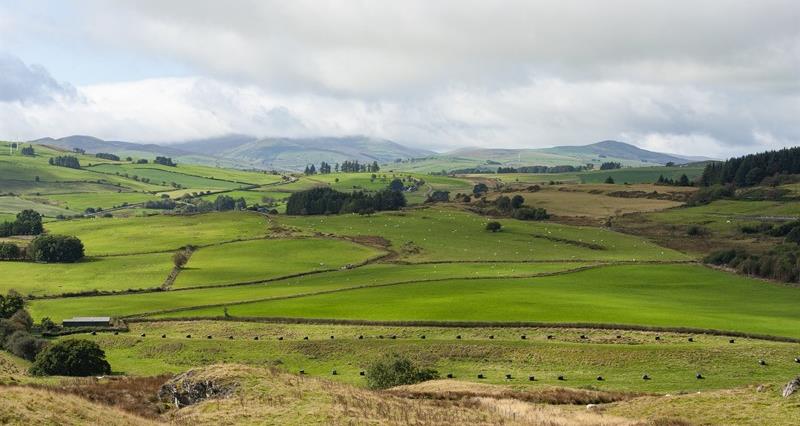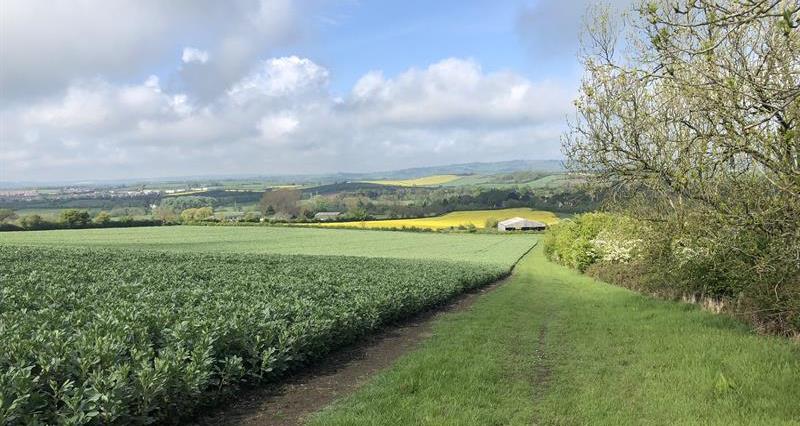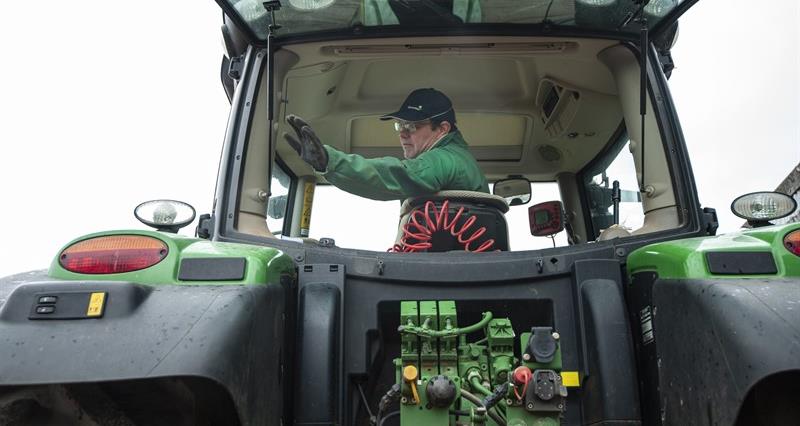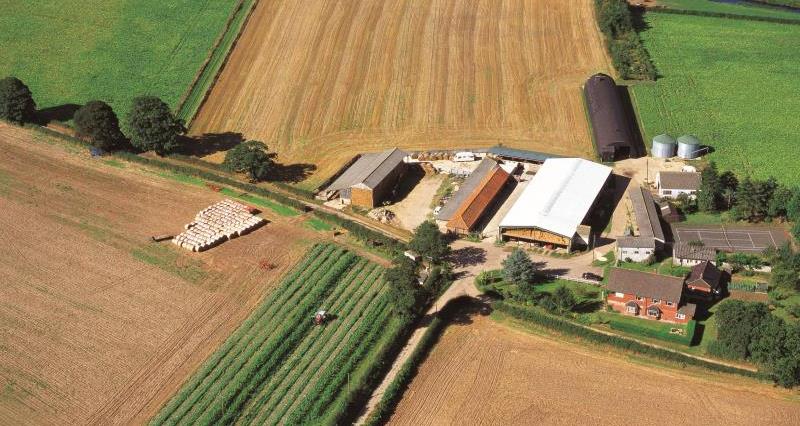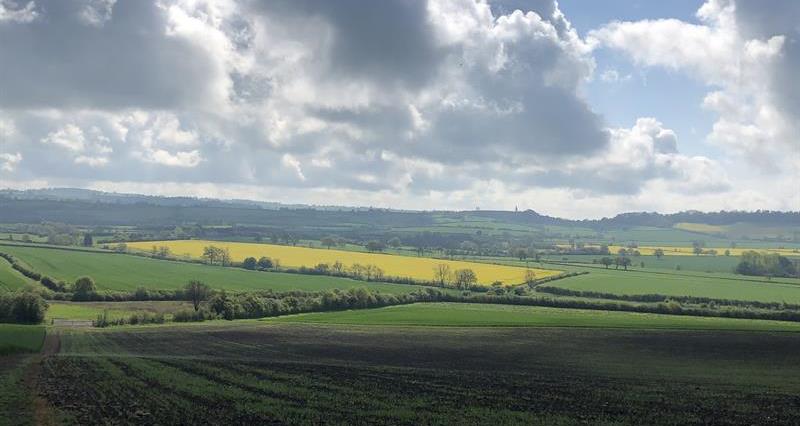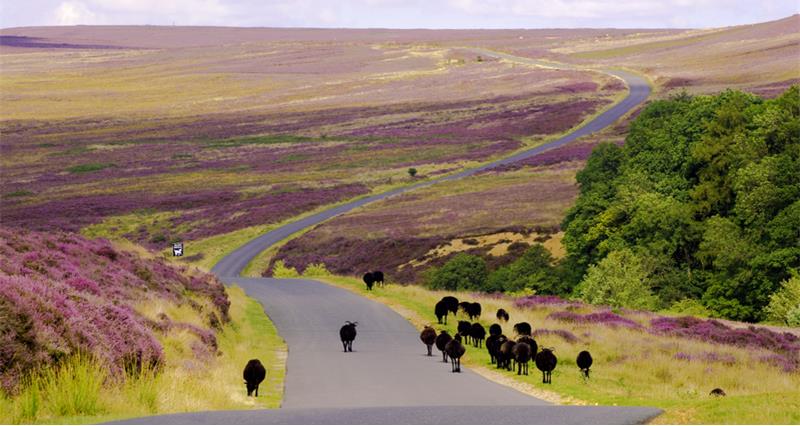- Defra hosted an online webinar to explain the pre-application process for engaging with CSHT. The presentation covered the RPA's, Natural England's and Forestry Commission's intended approach and how they choose who to invite for the initial stages of this phased rollout.
- For those with existing agreements expiring this year, either a HLS or an existing CS Higher Tier agreement, they will be offered an extension agreement.
- Those with a HLS agreement may also benefit from the recently announced payment rate increases for certain actions.
- There was a large influx of claim submissions in the final two weeks before the FETF 2024 deadline with around 35% of claims submitted. This has subsequently impacted on the RPA’s ability to maintain its previous guidance of aiming for all payments to be made within 30 working days to claimants.
- Those who are currently waiting have now been advised that the RPA is aiming to have payments made to all claimants by 20 June 2025.
- This does not mean that all claims will be paid on 20 June 2025, rather that the RPA will continue to make payments as quickly as possible. Due to the increased number of submissions, some people may not receive a payment within the originally advertised 30 working days timeframe.
More information can be found on our dedicated Farming Equipment and Technology page.
Following NFU Conference, there was an announcement that the FETF would be returning for 2025. More information from the announcement can be found on the page linked above.
- As we enter March, the cutting rules within the Hedgerow Management Regulations once again come into force. These state a no cutting period which runs from 1 March to 31 August. During this time it is an offence to cut a hedge unless certain circumstances apply, or a derogation has been secured for sowing oilseed rape or temporary grass in August.
- It is critical to remember that these rules apply if the hedgerow is growing on, or is next to, land used for agriculture. This includes horticulture, fruit growing, seed growing, dairy farming and the breeding and keeping of livestock – this includes horses, ponies and any animal kept for its use in farming, or for the production of food, wool or skins. It includes grazing land, meadow land, osier land, market gardens, nursery grounds and allotments, and woodlands where agricultural activities take place.
- The other crucial element of the Hedgerow Management Regulations is the mandatory 2 metre buffer strip. This is required all year round; however, it is worth remembering during the no cutting period as the RPA may be visiting farms in response to reports of trimming, and may wish to assess a buffer strip during the same visit.
- As a result, it is important that you ensure your knowledge is up to date to avoid falling foul of the regulations as the scope of these rules goes wider than under the former cross compliance rules.
The recent civil sanctions consultation on hedgerow management has also concluded and the government has published its response.
For more information on the hedgerow regulations, visit our essential information page.
A number of grants under the Farming Investment Fund have deadlines approaching in the coming months:
-
Calf Housing for Health and Welfare – full application deadline: 30 April 2025.
-
Slurry Infrastructure Grant – round 2 – full applications: 27 June 2025.
-
Improving Farm Productivity – round 2 – rooftop solar/ robotics & automation – full application deadline: 31 July 2025.
Anyone who has applied for any of these grants is advised to ensure they are able to submit their full applications in good time. If for any reason there is likely to be a delay in submitting a full application, then it is advisable to contact the RPA as soon as possible.
For more information on the grants available under the Farming Investment Fund, visit our essential information page.
- Following the announcement last November that capital grant applications would be placed on hold, at NFU Conference it was confirmed that the pause would be lifted allowing for those eligible applications on hold to be processed.
- The RPA will be contacting those who have a successful agreement put in place.
- Those who did not apply before the pause will be able to apply for a capital grant later this year. Updated guidance and rules are expected for this once the scheme is relaunched for applications.
- These new rules include ‘controls to manage demand’ which the RPA hopes will prevent a similar situation from occurring in the future. These include capped payments for the four different categories of environmental improvement supported. There is also an intention to allow for a rolling application window as well.
Read our roundup of what was announced at NFU Conference.
6. What to do if you’re unhappy with an RPA decision
- Sometimes things do not go to plan when dealing with the RPA, whether it is a mistake, system error or a misunderstanding. The impact on members and their businesses can be significant, not only from a financial standpoint, but also from a mental health perspective as well.
- Submitting a complaint to the RPA is divided into two distinct categories which have different processes depending on whether they relate to a decision made by the RPA, or whether it relates to poor quality customer service.
- The NFU has guidance available on how to prepare an initial query, as well as further information on who to contact if you wish to raise a customer service complaint as well.
Read our explainer on the RPA complaints and appeals process.
7. Delinked payments
Legislation laid before Parliament
- Following the Autumn 2024 Budget, it was announced that the government intended to reduce delinked payments by 76% within the first £30,000 of reference amount, a much steeper cut than had been seen in previous years. This was coupled with a 100% cut for any reference amount beyond £30,000, meaning a significant decrease in the value of payments for many.
- The legislation for this was laid before Parliament in February and there are debates anticipated in the coming weeks to discuss the impact of this proposal.
More information about delinked payments can be found on our essential information page.
8. Farming Innovation Programme
- A number of new opportunities are available under the FIP (Farming Innovation Programme), including the new ADOPT scheme which aims to promote on farm trials of innovative technology and support members in adopting equipment they would otherwise be unable to, while also allowing for practical testing of novel solutions in a working farm environment.
- Other competitions also include the net zero farming theme as well as a proposed competition utilising the benefits of the Precision Breeding Bill which is currently progressing through parliament.
Further details are expected in due course, our FIP page will have all the latest information.
9. Farming in Protected Landscapes
The FiPL (Farming in Protected Landscapes) has been extended until 2026. It provides support for farmers and landowners in protected landscapes. This includes National Parks, National Landscapes (formerly AONBs) and the Norfolk Broads.
- The scheme was originally designed to support farmers and landowners with projects which can deliver one or more of the following:
- Supporting nature recovery.
- Mitigating against the impacts of climate change.
- Providing opportunities for people to discover, enjoy and understand the landscape and its cultural heritage.
- Protecting or improving the quality and character of the landscape or place.
- The extended offer is now open to applications with projects needing to be completed by March 2026.
